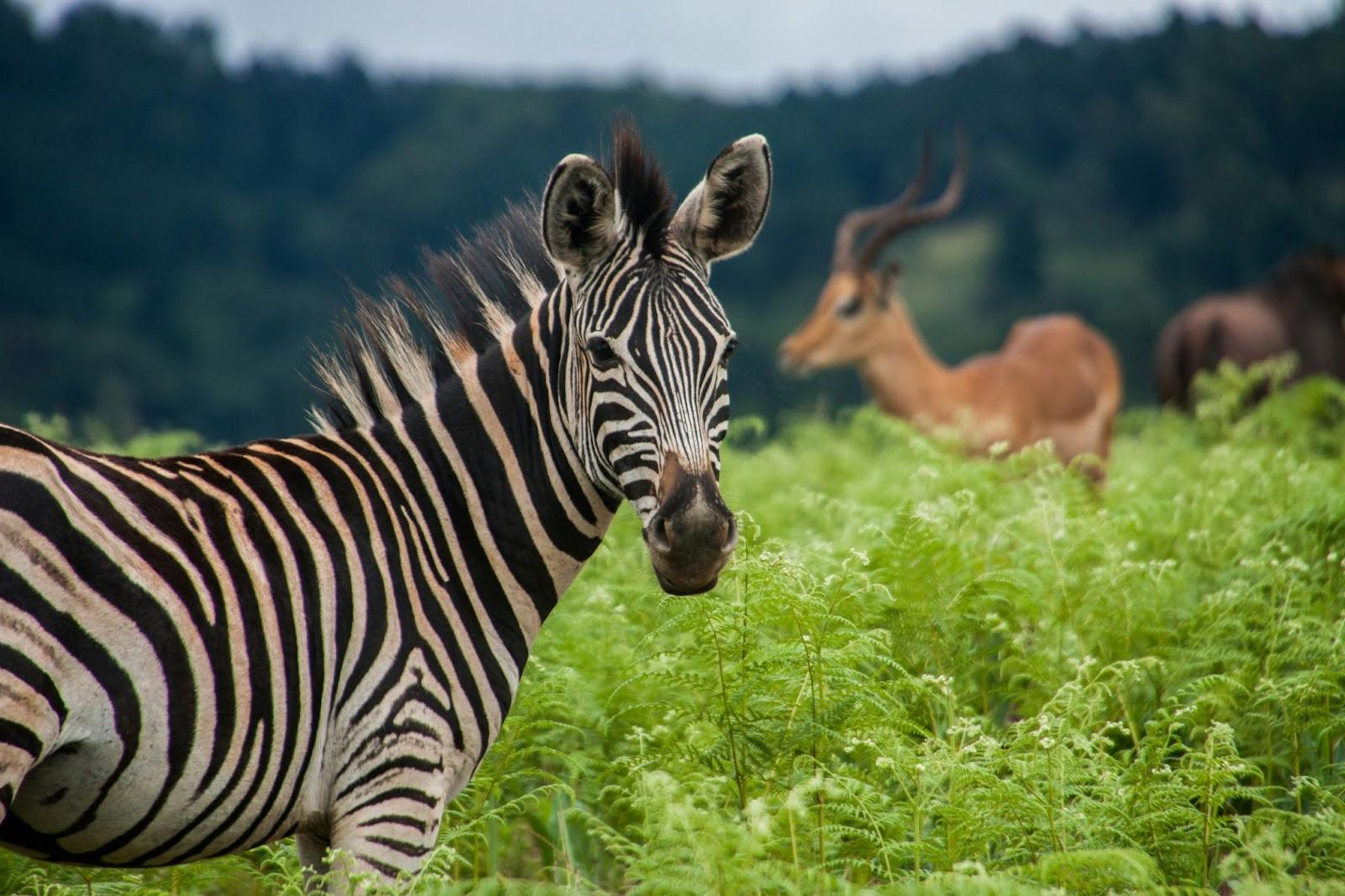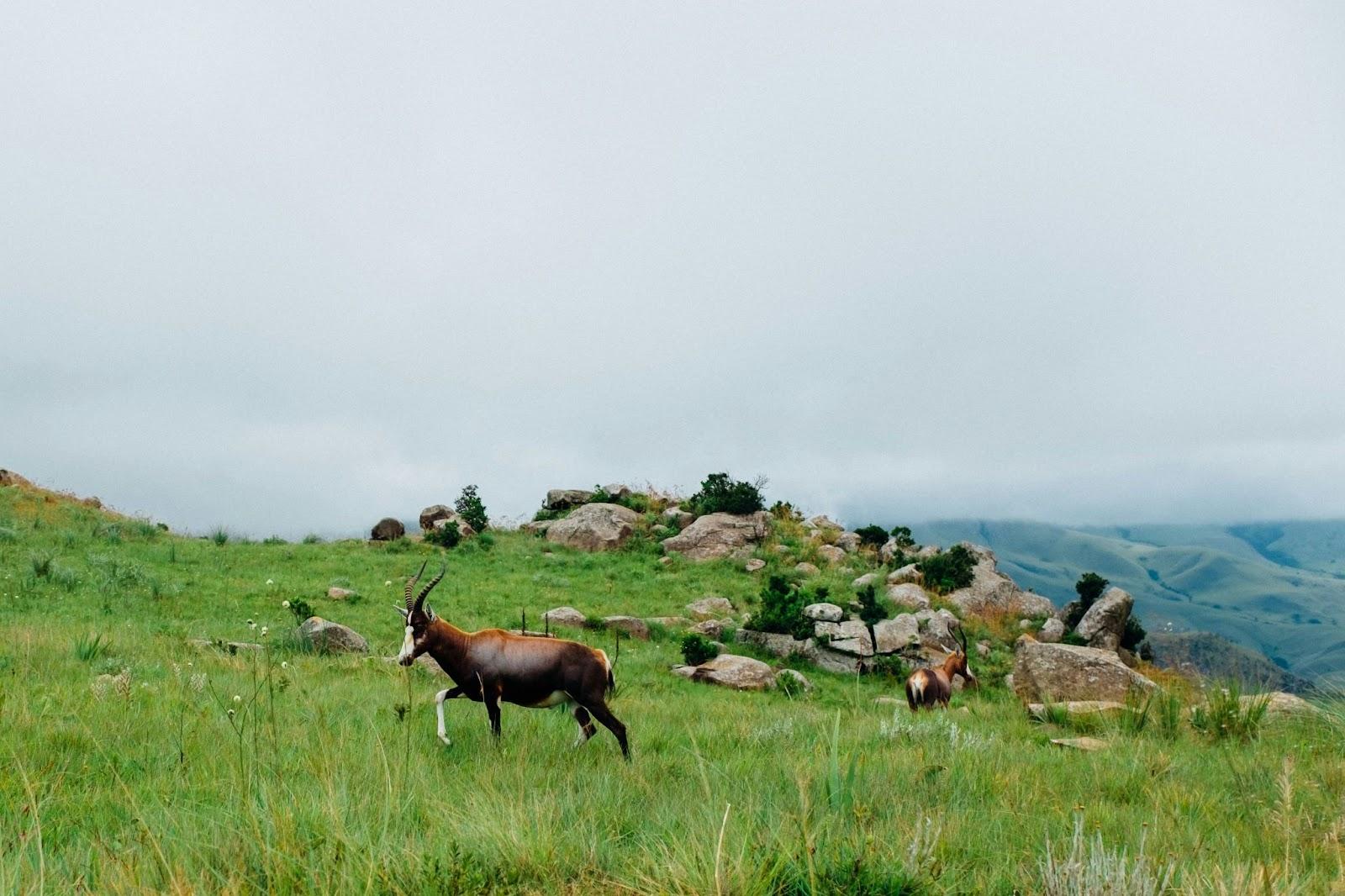 Get your
Get your
Swazi Emalangeni Fast!
- Free home delivery over £750
- with Royal Mail Special Delivery 1pm
- Better rates than the banks

Heading to Eswatini (formerly Swaziland)?
Get the best deals on Swazi lilangeni right here!
We offer competitive exchange rates, ensuring you get more Swazi lilangeni for your pounds.
Order online and choose between home delivery or collection from our Manor FX bureau near Heathrow.
Manor FX makes it easy and fast to convert GBP to Swazi lilangeni. Our process is straightforward and user-friendly, which is ideal for gearing up for your trip to Eswatini.
Swazi lilangeni travel money
Prepare for your Eswatini adventure with the correct information about using cash and cards in the country.
What do we call Swaziland money?
The currency of Eswatini, formerly known as Swaziland, is called the Swazi lilangeni.
Why did Swaziland change its name?
Swaziland changed its name to Eswatini in 2018 to mark the 50th anniversary of its independence from British rule.
The name change, announced by King Mswati III, reflects a return to the country’s pre-colonial name, meaning “land of the Swazis.”
What is the currency of Eswatini?
The Swazi lilangeni is Eswatini’s official currency. SZL is its abbreviation.
Buy your lilangeni now

Where can I get Swazi lilangeni?
Swazi lilangeni are not as widely available in the UK as other currencies
Here are some places you can obtain Swazi lilangeni:
- Currency exchange offices: Specialist bureaux de change, like our branch near Heathrow, offer various foreign currencies, including Swazi lilangeni.
- Online currency exchange services: Our platform is perfect for convenient online ordering of Swazi lilangeni. We provide excellent rates and home delivery options.
- Airport currency exchange: Major UK airports might offer Swazi lilangeni, but rates may not be as favourable.
Always compare rates and fees to ensure you get the best value. Alternatively, choose Manor FX for guaranteed best exchange rates.
Should I exchange money before I travel to Eswatini?
Yes, exchanging money before your trip is a wise choice:
- Having Swazi lilangeni on hand is convenient for immediate expenses such as taxis and meals.
- You often get better rates when purchasing Swazi lilangeni in advance rather than at airports or popular tourist spots.
- It saves time as you won’t need to find a currency exchange upon arrival.
- Carrying local currency is vital in emergencies when you need cash quickly.
What is the best currency to take to Eswatini?
The best currency to bring is the Swazi lilangeni because it’s accepted everywhere, helps avoid conversion fees and poor exchange rates and allows you to engage fully with the local economy and culture.
While Swazi lilangeni is essential, having a credit or debit card for larger purchases is also wise.

Can I use the South African rand in Eswatini?
Yes, you can use the South African Rand in Eswatini. The Swazi Lilangeni is pegged to the Rand, and both currencies are accepted for transactions within Eswatini.
Does Eswatini accept debit cards?
Yes, debit and credit cards are generally accepted in Eswatini, especially in larger towns and tourist facilities. Here are some tips when using your card:
- Notify your bank of your travel plans to prevent transaction issues.
- Pay in Swazi lilangeni rather than GBP to avoid poor exchange rates.
- ATMs are available for cash withdrawals, but check for any applicable fees.
Should I take cash to Eswatini?
Yes, bringing Swazi lilangeni in cash is practical for buying things at local markets, paying for taxi fares and leaving tips. Cash is also needed for transactions in remote areas and emergency funds.
Buy your lilangeni now

How much money do I need for a week in Eswatini?
The cost of a week in Eswatini varies based on your budget and travel style.
For budget travellers, a daily expense of around SZL 300-450 (approximately £16-24) should cover basic accommodations, meals, and public transportation. Over a week, this amounts to about SZL 2,100-3,150 (£112-168).
Mid-range travellers might expect to spend SZL 600-900 per day (about £32-48), providing more comfortable accommodations, dining, and activities. This totals around SZL 4,200-6,300 (£224-336) for the week.
For a luxury experience, daily expenses could range from SZL 1,500 to 3,000 (approximately £80-160), covering upscale accommodations, fine dining, and exclusive activities. The week’s total would range from SZL 10,500 to 21,000 (£560-1,120).
Is it better to use cash or card in Eswatini?
In Eswatini, it’s best to use a mix of cash and card:
- Cash: Essential for smaller purchases and in areas where cards are not accepted.
- Card: Convenient for significant expenses like hotel bills or activities.
How can I avoid ATM fees in Eswatini?
To minimise ATM fees:
- Bring enough cash, especially for remote areas.
- Exchange some currency before you leave.
- Make fewer, larger withdrawals.
- Opt for ATMs from major banks to benefit from lower fees.
Tipping in Eswatini
While tipping isn’t required, it is appreciated for exceptional service:
- Restaurants: Consider an extra 10% for excellent service.
- Hotels: Tip housekeeping and porters SZL 30-50 per day.
- Tours: SZL 75-150 per person is appreciated.
- Transport: Round up taxi fares.
- Spa: Tip around 10% of the service cost.

Eswatini currency (Swazi currency)
Swazi lilangeni banknotes and coins are rich in cultural symbols and reflect Eswatini’s heritage. Introduced alongside the South African Rand because of the Southern African Customs Union, both currencies are legal tender in Eswatini and managed by the Central Bank of Eswatini.
Swazi lilangeni banknotes
The Swazi lilangeni banknotes are available in E10, E20, E50, E100, and E200 denominations. E stands for emalangeni.
Each note features a portrait of King Mswati III and various national symbols that reflect Eswatini’s rich cultural heritage and wildlife.
Swazi lilangeni coins
Swazi lilangeni coins come in 10, 20, 50 cents, and 1 and 2 lilangeni.
They feature designs that celebrate Eswatini’s cultural and natural heritage, including images of wildlife and the national crest.
Buy your lilangeni now
Currency import and export regulations in Eswatini
In Eswatini, the rules for importing and exporting currency are pretty specific. When entering or leaving the country, travellers must declare any amount exceeding E15,000 (fifteen thousand Emalangeni) or its equivalent in foreign currency.
Failing to declare such amounts can lead to fines of up to E30,000 or imprisonment for up to five years, and the undeclared money may be confiscated.
For more detailed information, you might want to refer to Eswatini’s official resources or customs guidelines.
Buy Swazi lilangeni online
Order Swazi lilangeni online with us for quick and secure delivery, or collect from our travel money shop near Heathrow.
Selling back Swazi lilangeni
Do you have leftover Swazi lilangeni? Manor FX makes it easy to convert them back to Sterling. Visit our bureau near Heathrow or follow our link to convert your Swazi lilangeni to GBP online.

FAQs
Is Swaziland part of South Africa?
No, Swaziland, now officially known as Eswatini, is not part of South Africa. Eswatini is a separate sovereign country located in Southern Africa, bordered by Mozambique to the northeast and South Africa on its other sides.
Is it safe to visit Swaziland?
Visitors to Swaziland, now known as Eswatini, should be cautious because of crime and civil unrest. The UK government advises increased caution, noting common crimes like armed robberies and occasional violent protests.
Avoid large gatherings and be discreet with personal belongings. Stick to well-lit areas at night and keep travel documents handy.
Although risks exist, many find Eswatini welcoming, offering rich cultural experiences. Staying alert and following safety guidelines is essential for a safe trip.
What is Eswatini famous for?
Eswatini is famous for its rich cultural heritage, especially its vibrant traditional ceremonies, such as the Umhlanga (Reed Dance) and Incwala (Kingship Ceremony), which attract tourists from around the world.
It’s also known for its stunning landscapes, including the Lebombo Mountains and lush valleys, and its wildlife reserves like Mlilwane and Hlane, which offer opportunities to see various African wildlife up close.
Additionally, Eswatini is noted for its handcrafts and art, particularly intricate beadwork and woven baskets, making it a unique destination for cultural and nature enthusiasts.
What food is Eswatini known for?
Eswatini is known for its traditional cuisine, which features maize and sorghum. A popular dish is “Sishwala,” a thick porridge normally served with meat or vegetables.
Another traditional food is “Incwancwa,” a sour porridge made from fermented cornmeal. “Sidvudvu,” a pumpkin porridge mixed with peanut butter, is also a favourite.
Additionally, meats such as chicken, goat, and beef are commonly used in Swazi dishes, often prepared as stews or grilled over an open flame.
These dishes reflect the agricultural lifestyle and cultural heritage of Eswatini.
Do you need a visa to go to Eswatini?
UK citizens do not need a visa to travel to Eswatini for stays of up to 30 days. However, you should ensure that your passport is valid for at least three months beyond the date of your arrival. Check the latest entry requirements before travelling, as policies can change.
What vaccinations are required for Eswatini?
Several vaccinations are recommended when travelling to Eswatini.
Key vaccinations include those for Hepatitis A and Typhoid, both of which are spread through contaminated food and water, making them relevant for most travellers.
We recommend being up to date on Tetanus and Diphtheria.
If you’re arriving from a country with a risk of Yellow Fever, you will need to show proof of Yellow Fever vaccination.
Depending on your activities and the length of stay, a Rabies vaccine may be recommended, particularly if you plan to interact with animals.
Malaria is present in certain parts of Eswatini, so antimalarial medication might be necessary, particularly if you visit eastern areas close to Mozambique.
In addition to these, routine vaccinations such as Measles-Mumps-Rubella (MMR), Polio, and Influenza should be up to date before your travel.
What is the best time to visit Eswatini?
The best time to visit Eswatini is during the dry season, from May to September.
During these months, the weather is cooler and less humid, making it more comfortable for exploring the outdoors and wildlife viewing.
This period also offers clearer skies and fewer mosquitoes, enhancing the travel experience.
The dry season is especially ideal for safaris, as animals are more likely to congregate around water sources, making them easier to spot.
Feel the Trustpilot love

Great competitive rates & friendly & helpful staff. Easy to order online & collect in person or delivery.

Great, fast and reliable service would certainly use again for my travel needs, as the rates are the best around!

This amazing company have gone above and beyond in getting a large amount of a rare currency across the pond to Ireland.

Great rates and really responsive, friendly customer support, will definitely be using Manor FX again.

Manor FX gave me a better rate than my bank with great customer service, I highly recommend them.

Family run business that’s always super helpful. Manor FX’s rates are always really good as well!
 Get your
Get your
Swazi Emalangeni Fast!
- Free home delivery over £750
- with Royal Mail Special Delivery 1pm
- Better rates than the banks